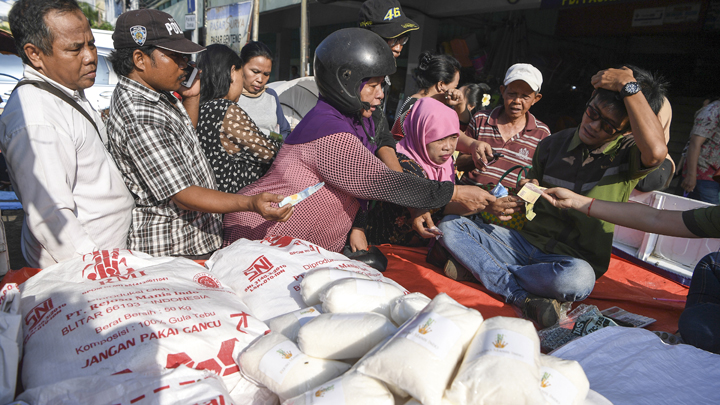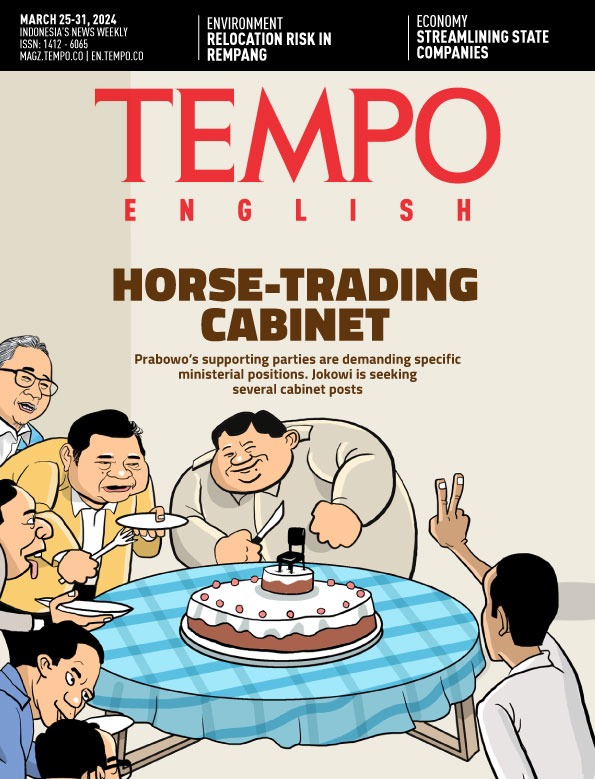Tardy Import Permit
Tuesday, February 18, 2020
arsip tempo : 171357073045.

DWIATMOKO Setiono, head of Sekawan Karsa Mulia, has been in a bind lately. The price of sugar, key raw material for his company’s food and beverage products, continues to climb. Suppliers of industrial sugar offer their ware for Rp9,000 per kilogram, up Rp1,000 from January. According to his administration, sugar supply contracts from late 2019 still put prices at Rp7,600 per kilogram. “(It’s) Crazy how fast it’s going up,
...
Subscribe to continue reading.
We craft news with stories.
 For the benefits of subscribing to Digital Tempo, See More
For the benefits of subscribing to Digital Tempo, See More









